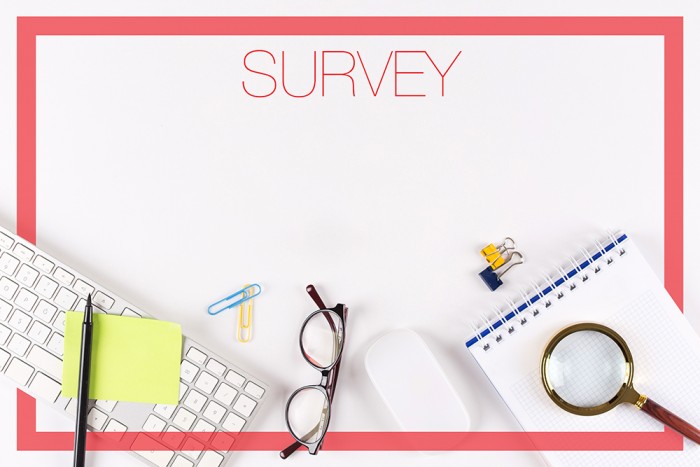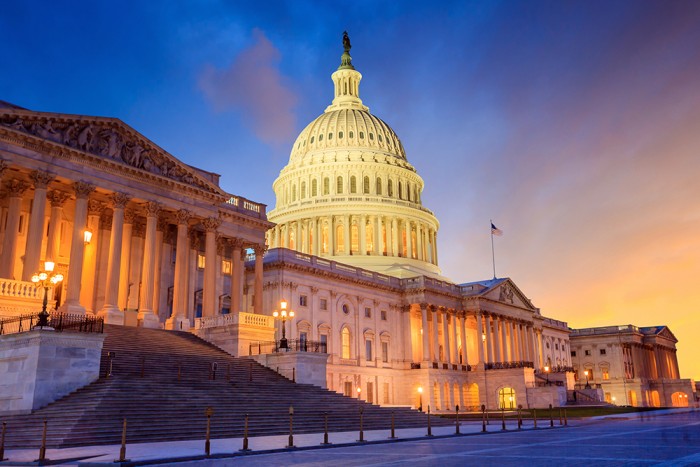Welcome! Login in to your account
Register for an account
A password will be e-mailed to you.
Recover your password
CMS Announces New Proposed Rule to Streamline Medicaid Eligibility and Enrollment
Complete the 2022 Direct Support Workforce Survey Today!
CMS Expands Money Follows the Person Program
Senate Passes Inflation Reduction Act
Budget Reconciliation Deal Reached
Budget Reconciliation Package Faces Additional Hurdles
Budget Reconciliation Negotiations Continue
Federal PHE Extended to October 13, 2022
The Biden administration on Friday, July 15, 2022, extended the COVID-19 public health emergency (PHE) for another three months. US Department of Health and Human Services Secretary Xavier Becerra officially renewed the declaration, extending it through October 13, 2022. The extensions include the Centers for Medicare & Medicaid Services (CMS) standards governing the delivery of services via telehealth.
If you have additional questions, please contact your RCPA Policy Director.
Budget Reconciliation Legislation Advances with Prescription Drug Pricing Reform
© 2021 - Rehabilitation & Community Providers Association












